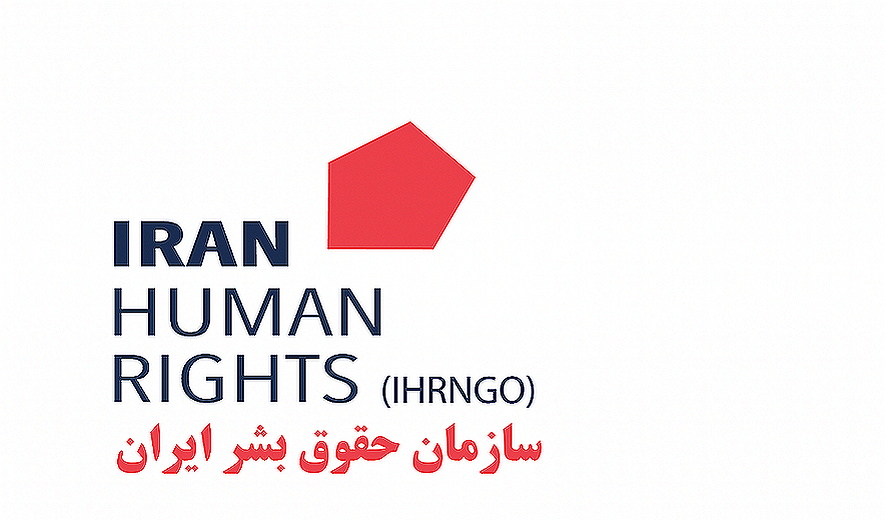Iran Human Rights Calls for Strong International Response to Execution of Two Men for Blasphemy

Iran Human Rights (IHRNGO); May 8, 2023: Islamic Republic’s Judiciary reported the execution of Yousef Mehrad and Sadrollah Fazeli Zare for offences against religion including “blasphemy” and “insulting the prophet.”
Emphasising the inhumanity of the death penalty, Iran Human Rights strongly condemns its use against freedom of expression and beliefs, and calls on the international community for an urgent and serious response.
Director, Mahmood Amiry-Moghaddam said: “Islamic Republic authorities have once again demonstrated their medieval nature by executing two people for expressing their opinions. Today’s executions should be a turning point for countries with freedom of expression values and their relations with the Islamic Republic. The international community must make it clear that the use of the death penalty against the expression of opinion will not be tolerated. The international community’s failure to make a strong stand will be seen as a green light by the Islamic Republic and other like-minded people. This can seriously jeopardise freedom of expression worldwide.”
According to the Judiciary’s Mizan news agency, Yousef Mehrad and Sadrollah Fazeli Zare were executed on 8 May. Yousef Mehrad was sentenced to death for charges of “insulting the prophet” and “insulting religious and Islamic sanctities.” Sadrollah Fazeli Zare’s charges were: “insulting the prophet, apostasy, accusing the prophet’s mother of adultery, desecrating the Quran by burning, insulting the sanctities and publishing private photos without permission.”
Iran Human Rights previously reported that Yousef Mehrad, a father of three arrested in May 2020, was held in solitary confinement for two months and denied access to a lawyer or contact with his family for eight months.
The death penalty is used for a wide range of “offences” including consensual sexual relations and blasphemy. In 2013, the Islamic Republic executed Mohsen Amir Aslani for questioning the Quran’s narrative on the life of Prophet Younes in the belly of a whale.

